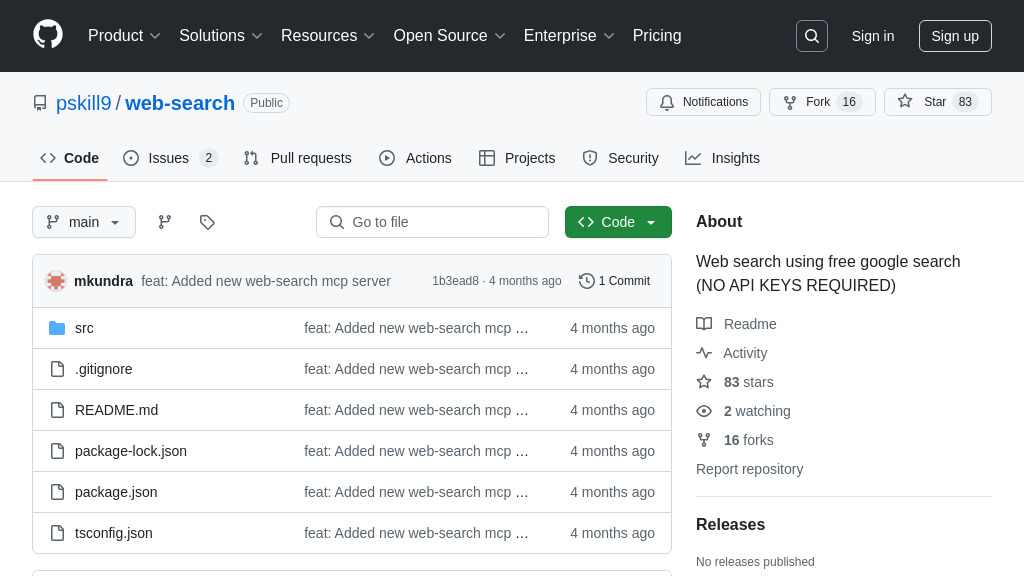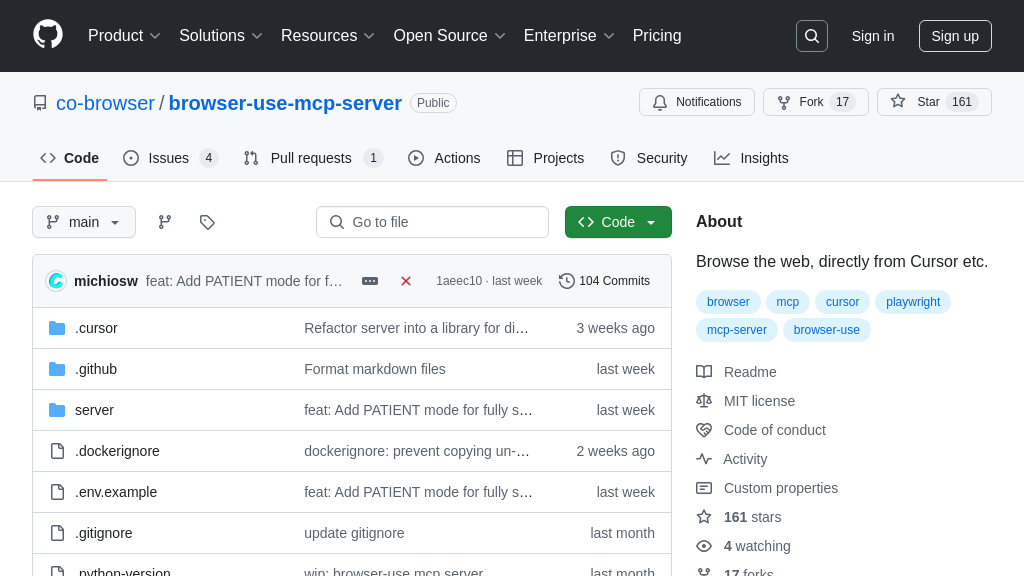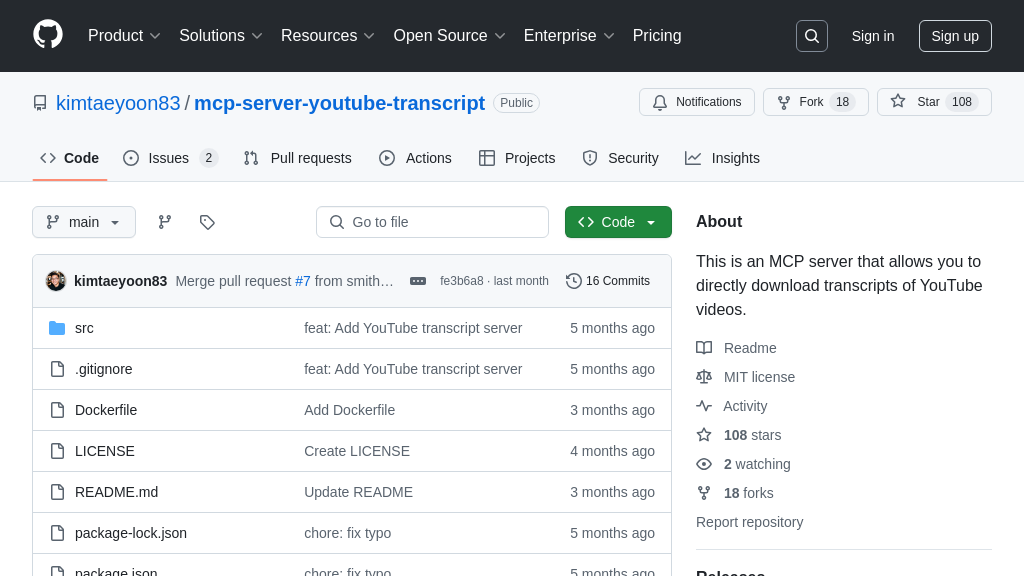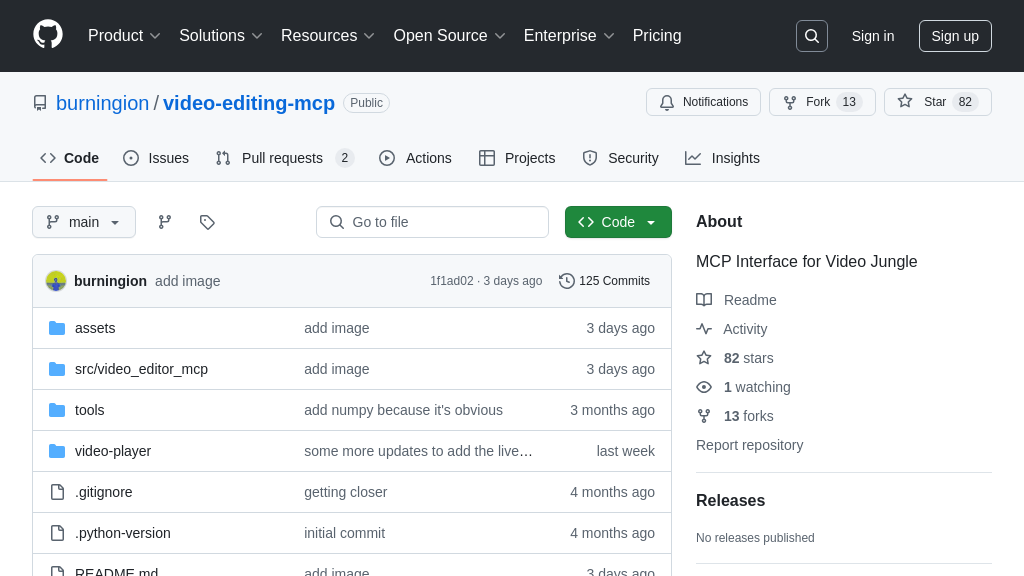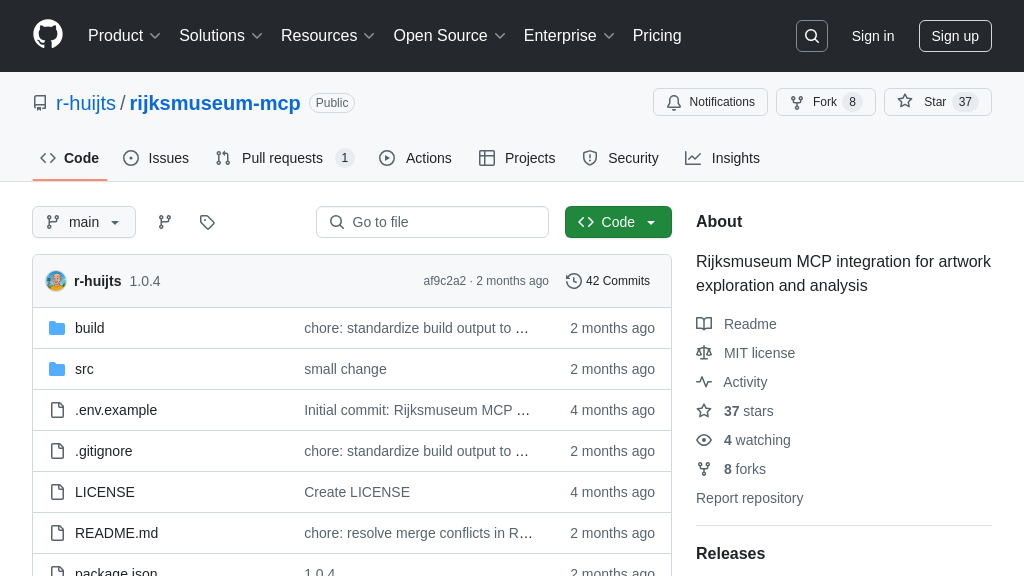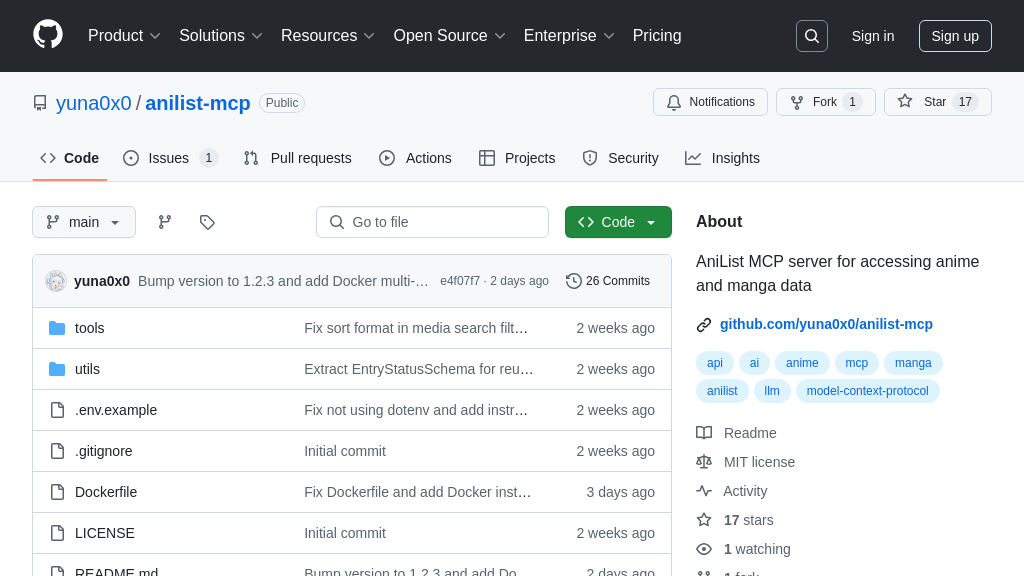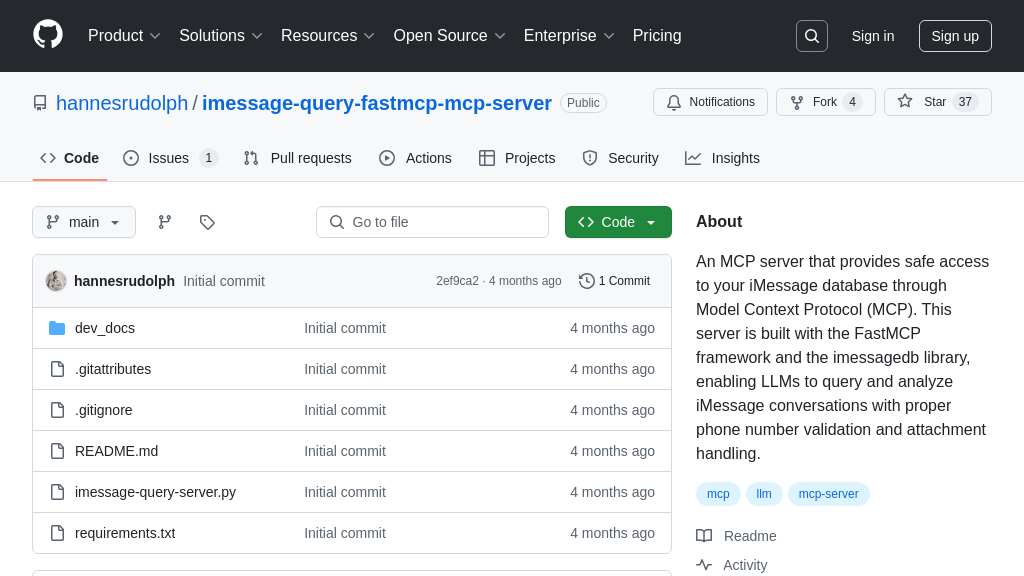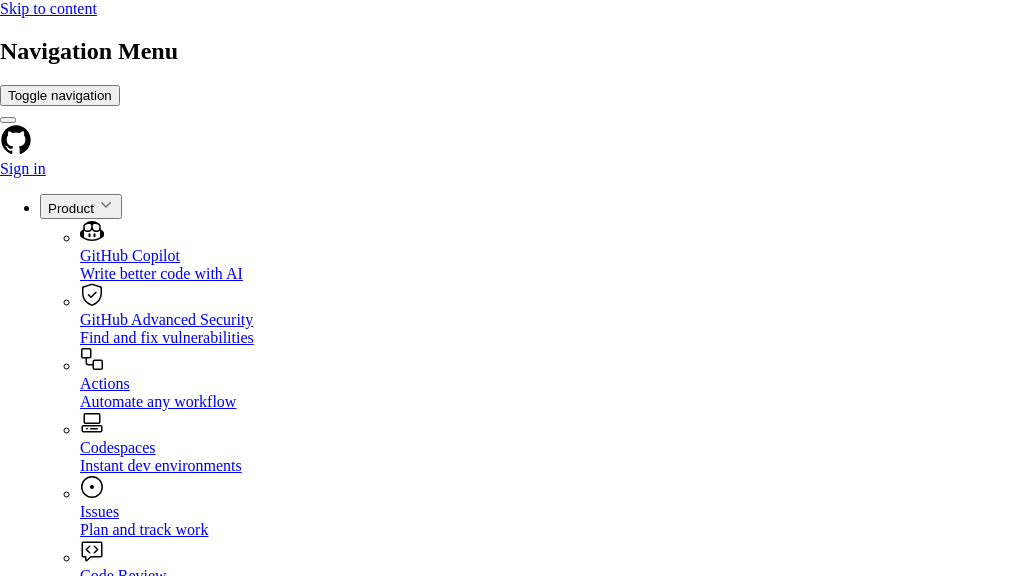github-mcp-server
GitHub's official MCP Server, github-mcp-server, connects AI models to GitHub APIs via the Model Context Protocol. Automate workflows, manage repositories, and interact with GitHub data using standardized MCP tools and resources for enhanced developer productivity.
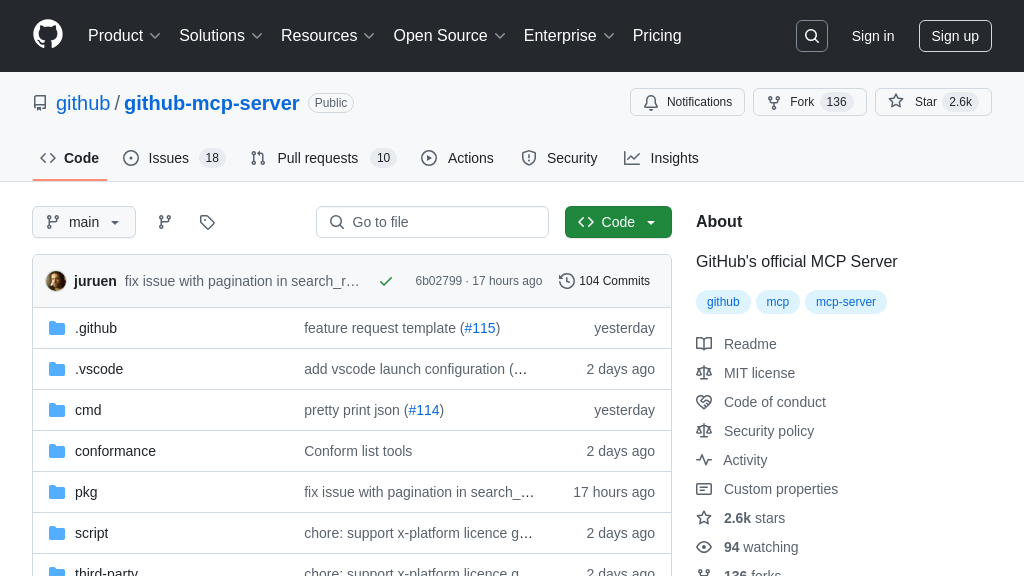
github-mcp-server Solution Overview
Meet the official GitHub MCP Server, a vital component enabling AI models (MCP Clients) to seamlessly interact with the GitHub ecosystem via the Model Context Protocol. This server acts as a standardized bridge, empowering developers to automate complex GitHub workflows, manage issues and pull requests (creation, updates, comments, merging), search code and repositories, and even handle code scanning alerts directly through AI prompts. It exposes a rich set of MCP Tools for specific actions and allows direct access to repository content using MCP Resource URIs (repo://...). Typically run via Docker and communicating over stdio, it integrates easily with clients like VS Code or Claude Desktop. Leverage this server to build powerful, AI-driven developer tools and streamline your GitHub interactions, eliminating manual effort and the need for custom integration code for each AI client.
github-mcp-server Key Capabilities
GitHub Actions via MCP Tools
The github-mcp-server exposes a comprehensive suite of GitHub API functionalities as standardized Model Context Protocol (MCP) tools. It effectively acts as a bridge, translating abstract MCP tool requests from clients (like AI models or IDE extensions) into concrete, authenticated GitHub REST API calls. These tools cover a wide range of GitHub operations, categorized into areas such as Issues (create_issue, list_issues), Pull Requests (merge_pull_request, create_pull_request_review), Repositories (create_or_update_file, create_branch), Code Scanning (list_code_scanning_alerts), Search (search_code, search_repositories), and User information (get_me). Interaction relies on a GitHub Personal Access Token (PAT) provided during server configuration, which must have the appropriate scopes granted for the intended operations. This abstraction layer significantly simplifies the development of AI-powered applications that interact with GitHub, as developers work with consistent MCP tool definitions rather than needing to handle raw API calls, authentication, and endpoint variations. For instance, an AI assistant integrated via MCP could use the add_issue_comment tool to respond to user queries within an issue thread or employ the create_pull_request tool to initiate code changes based on a high-level description. This empowers AI models to directly participate in and automate complex development workflows on GitHub.
Direct Repository Access via MCP Resources
Beyond interactive tools, the github-mcp-server provides direct access to GitHub repository content through standardized MCP Resource URIs, specifically using the repo:// scheme. This allows MCP clients to fetch files or directory listings from repositories as if they were local resources, streamlining context acquisition for AI models. The server supports various URI templates to pinpoint content accurately: accessing files from the default branch (repo://{owner}/{repo}/contents{/path*}), a specific branch (.../refs/heads/{branch}/contents...), a particular commit SHA (.../sha/{sha}/contents...), a tag (.../refs/tags/{tag}/contents...), or even the head of a pull request (.../refs/pull/{prNumber}/head/contents...). This feature eliminates the need for explicit tool calls just to retrieve file contents. For example, an AI model tasked with reviewing code changes in a pull request could use these URIs to directly fetch the content of modified files specified in the PR diff. Similarly, a documentation generation tool could pull README files or other markdown documents from various branches using these resource identifiers. By treating repository content as addressable resources, this feature significantly enhances an AI model's ability to understand and reason about codebases hosted on GitHub, facilitating tasks like code analysis, summarization, and context-aware generation.
Standardized MCP Server Integration
The github-mcp-server is designed as a fully compliant MCP Server component, ensuring seamless integration within the broader MCP ecosystem. Its primary communication mechanism with MCP Clients (such as IDE extensions like the VS Code agent mode or dedicated AI applications like Claude Desktop) is via standard input/output (stdio), a common and efficient method for local inter-process communication in the MCP framework. Deployment is typically handled using Docker, with official images available (ghcr.io/github/github-mcp-server), which simplifies setup, dependency management, and ensures a consistent runtime environment across different systems. Configuration examples demonstrate how clients can launch the server container and securely pass the required GitHub Personal Access Token using environment variables, often sourced from the client's secure input mechanisms. This adherence to the MCP standard guarantees interoperability, allowing any MCP-compliant client to potentially utilize this server to interact with GitHub. This solves the problem of building bespoke integrations for each tool or AI model, offering a reusable, standardized "GitHub connector" for the AI world. This facilitates the creation of sophisticated, AI-driven developer workflows that leverage GitHub's extensive features without tight coupling to specific client implementations. The option to build from source using Go also provides flexibility for environments where Docker might not be suitable.

